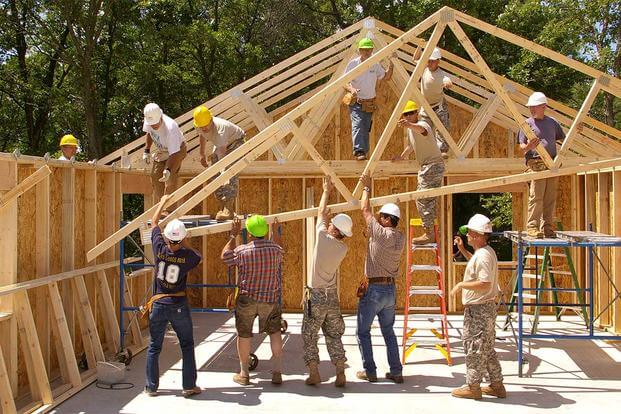There are many important factors to consider when building a new home. A home is a place to live and relax after a long day. The house must be comfortable and safe. A house should be spacious, comfortable, and aesthetically pleasing. However, a home can be expensive and may not be the best fit for everyone. In that case, it is better to build a smaller and cheaper house.
There are many things to considered by new home builders brighton when building a new home. One of the most important is the location. Choosing a neighbourhood that is close to the city centre is essential if you want to live in a city. In addition to choosing a neighborhood that offers a range of amenities and services, you should consider how accessible your new home is to public transportation. Another factor to consider when choosing a contractor is the price. Ultimately, you should choose a contractor based on his reputation, financial stability, and positive customer reviews. Even if this means paying more, it will be well worth it in the end.
The location is one of the most important factors to consider when building a new home. You want a neighborhood that suits your lifestyle, and it should be near essential amenities. It should also be accessible to the public transport network. The budget you choose to spend on your new home is another key factor to consider. If you don’t have a large amount of money, stick to it! This way, you won’t have to worry about wasting money during construction.
You can find many builders in the area, so you don’t have to spend too much. If you have a large budget, you can choose a builder that specializes in new homes. This will ensure you get the best quality and price for your new home. A new home should be comfortable and convenient. It should provide you with enough space for your family to entertain and relax. In short, your new home should be beautiful and functional.
The location is the most important factor to consider when buying a new home. You need to find a neighbourhood with amenities and conveniences that fit your lifestyle. It should also be close to public transport. You should also consider the type of house you want to build. You should consider all the options before deciding on the design. Once you’ve chosen the location, the next step is to decide the design.
Location is one of the most important factors to consider when building a new home. The neighbourhood should be convenient and suit your lifestyle. You should also make sure that your new home is close to public transportation. The size of the house should fit your needs. You should also choose the style and design of your new home based on your budget. You should be able to afford the house based on your lifestyle.
Location is the most important factor when building a new home. A good neighbourhood is close to essential facilities, such as schools and grocery stores. If you plan to live in the house for a few years, it is important to have guest rooms so that guests can stay in comfort and feel at home. Furthermore, a house needs utilities. Once you have chosen the location, you should start thinking about the other factors.
Besides location, cost is an important factor. It is crucial to consider your finances when building a new home. You should set a budget and make sure you don’t exceed it. You should also check your finances before deciding on a new home. You should know the price of construction before choosing a design and style. Remember that the price of your new home will determine your lifestyle.
Location is one of the most important factors to consider when building a new home. It is important to pick a neighbourhood that matches your lifestyle and is close to essential amenities. In addition to location, you should also consider the accessibility of a transport system. Finally, your budget should be realistic. Keeping your budget in mind will make it easier to build a new home. This factor is essential when it comes to planning a new home.






